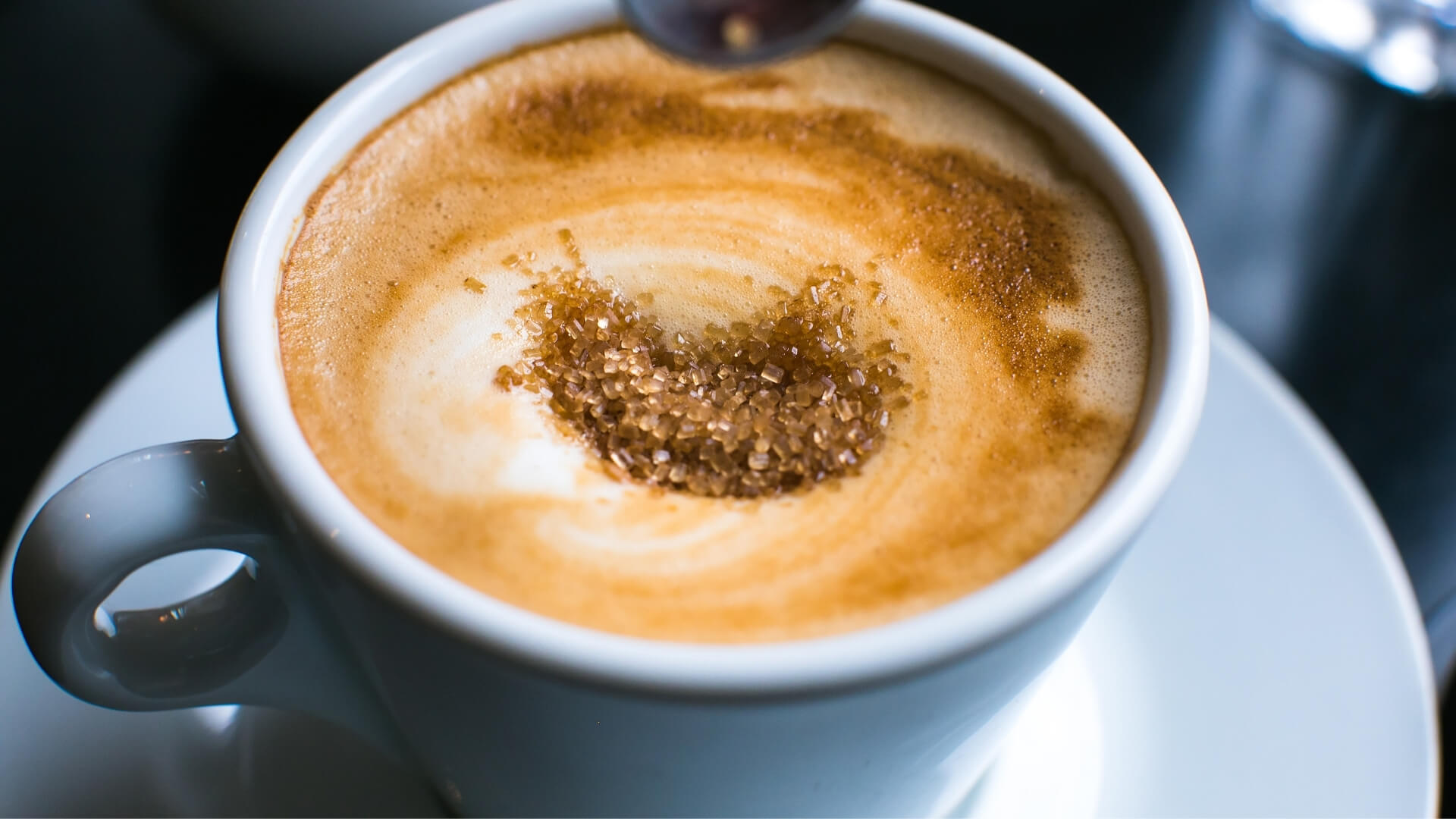Can coffee make you nauseous? Of course, it can!
A lot of people have a misconception that it’s not normal to feel nauseous after drinking coffee. The truth is, the feeling of nausea is actually quite common for some people.
There are a few reasons why your stomach might not be able to handle the beans. Here’s a list of five common culprits and how to fix them:
5 Reasons Why Coffee Can Make You Nauseous
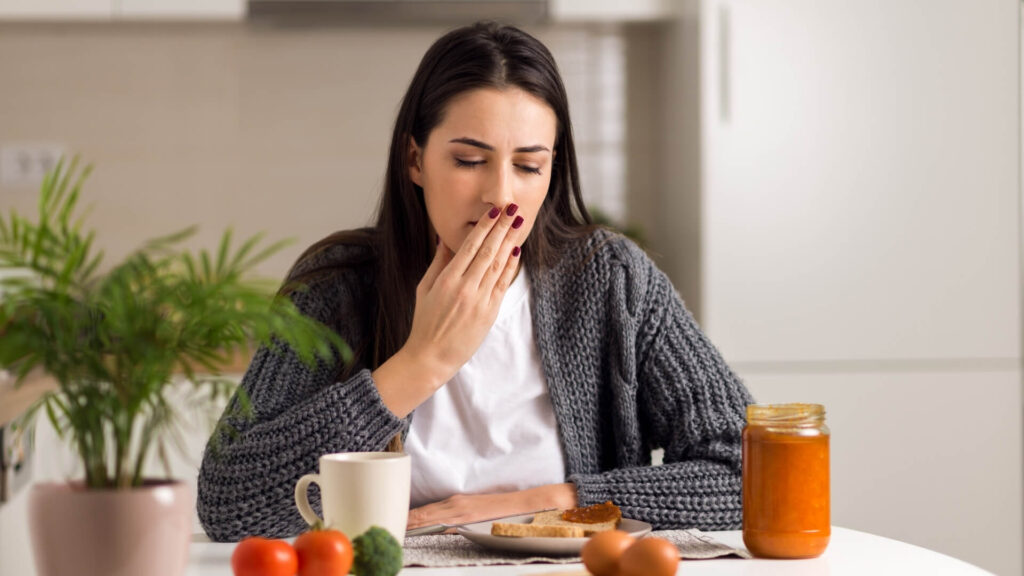
#1: You are getting dehydrated
Coffee is a diuretic, which means it dehydrates your body. Caffeine tricks your kidneys into thinking they don’t need to reabsorb fluids so they release them through urine.
#2: Caffeine stimulates your hormones
Caffeine also stimulates the hormone responsible for stimulating urine production – antidiuretic hormone (ADH) – so you’ll need even more fluids (source). This is why some people get nauseous after drinking coffee; they haven’t had anything to drink or eat with it and are dehydrated, and their bodies can pick.
#3: Consuming coffee on an empty stomach can lead to nausea
This can happen especially with your morning cup of coffee. Caffeine is not an immediate trigger for nausea, but when you consume coffee on an empty stomach, caffeine does not mix well with the digestive process. This worsens the possible side effects of drinking too much coffee in a short period of time.
You can avoid coffee nausea by drinking a glass of water with your cup of coffee. Or even better – putting some in your stomach before drinking coffee will help to reduce your chances of feeling nauseous.
#4: You may be sensitive to caffeine
If you have a sensitive stomach it may cause acid reflux. In this case, it’s a good idea to switch from coffee to decaf, cold brew, iced tea, or another drink that’s less caffeinated.
There are additional things you can do when you are caffeine sensitive:
- Limit the amount of coffee you drink per day.
- Drink coffee in moderation
- Never drink coffee after 2 PM because it could disrupt your sleep cycle and cause headaches.
- Consider cutting out caffeine for a few days and see if your nausea goes away. If it does, you might just need to limit your intake of caffeine instead of cutting it out altogether.
#5: Too much cream or sugar
The relationship between sugar and nausea is complex, but it’s proven. Adding sugar or cream to your coffee can cause nausea because it can be easily absorbed into your digestive system. Switch to black coffee for a few days and this should help alleviate the queasiness and make you feel better.
How To Get Rid Of Coffee Nausea?
If you want to know how to stop feeling nauseous after drinking coffee I have some tips for you:
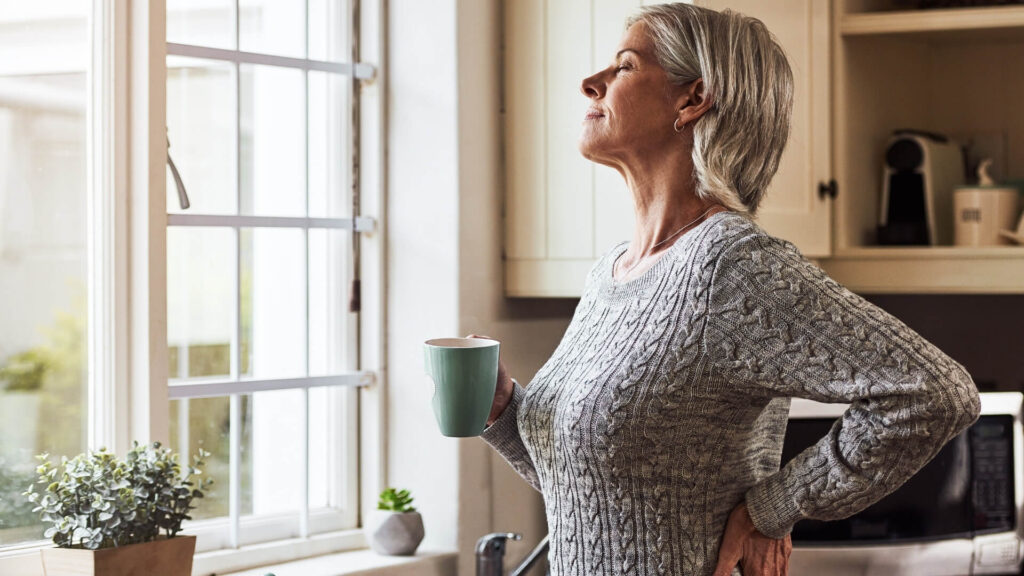
Drink decaf coffee
Decaf coffee is often a better alternative for people that experience nausea from the caffeine in coffee. Decaf coffee has plenty of other benefits too. For example, it can help to increase your energy levels. It also isn’t packed with the calories and sugar found in regular coffee.
Don’t drink coffee alone
You may have found yourself feeling nauseated after drinking a cup of coffee, and wondering why this is happening. In general, the stimulant in coffee causes side effects such as insomnia, headaches, and nausea – all of these can be easily remedied by eating some food before you have your cup of Joe.
Try dark roast
The darker roasted coffee beans have a much lower caffeine content than the lighter roasted beans. Lowering the caffeine intake in relation to your body’s sensitivity may help to prevent nausea. People with a larger kidney size might be able to better tolerate more coffee before they get nauseous.
Eat more proteins
Protein helps counteract the effects of caffeine on your body. Adding protein to your diet will help prevent these symptoms from happening when drinking coffee. Here are some examples of food you can eat:
How to Get the Benefits of Caffeine Without the Discomfort
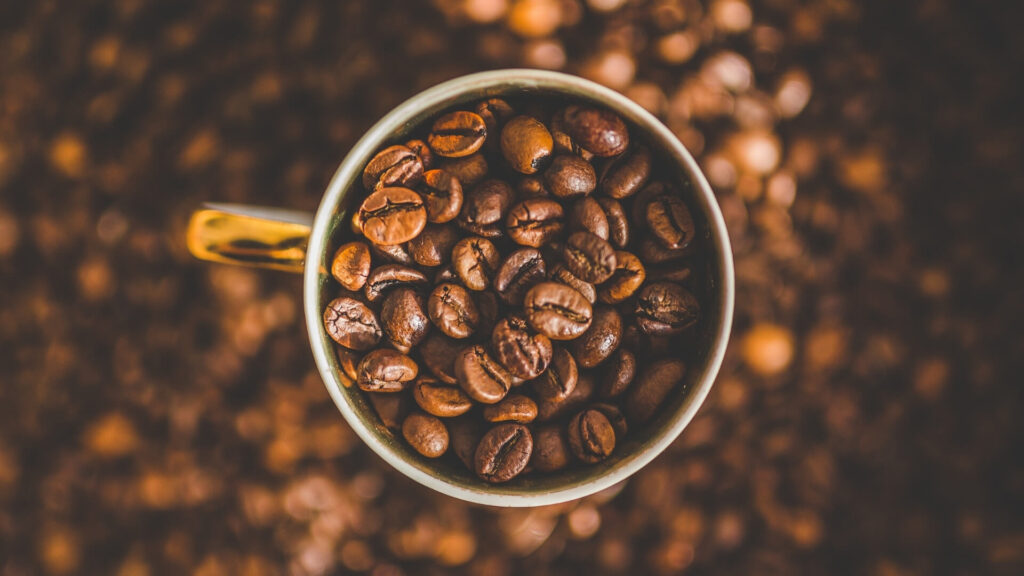
One benefit of coffee is caffeine, which is a stimulant that has been shown to improve memory and attention.
Caffeine can also cause some discomfort including nausea, an upset stomach, irritability, and headaches. Fortunately, there are a few ways you can try to get the benefits of caffeine without the discomfort.
#1: Drink decaf.
Decaffeinated coffee is not actually 100% caffeine-free. Decaf coffee only has about 1/10 of the caffeine that a regular cup of coffee has.
#2: Dilute caffeine by adding more water or milk.
This is a good suggestion for lessening the caffeine effects. You can also try taking a break from coffee altogether for a while, which should help.
#3: Drink caffeine in smaller doses throughout the day instead of drinking it all at once.
If you drink a large amount of caffeine at once, you’re going to have a negative reaction, typically nausea. If you drink it in smaller doses throughout the day, your body will be able to get used to it and your symptoms will go away
#4: Limit how many cups of coffee you have per day
Coffee Alternatives That You Can Try
If you have nausea after coffee, there are several alternatives you can try for a similar effect or taste. Some of these alternatives include:
Tea
Both black and green tea contain caffeine, albeit in lower quantities than coffee. They can help provide a gentle energy boost without causing nausea.
Yerba Mate
This South American beverage is prepared from the leaves of the Ilex paraguariensis plant. It contains natural stimulants, including caffeine, and offers a unique flavor.
Herbal and caffeine-free teas
These teas, like chamomile, mint, or ginger, do not contain caffeine but may offer a soothing experience and a pleasant taste.
Matcha
This powdered green tea has a higher caffeine content than regular green tea and is rich in antioxidants.
Golden milk
A blend of warm milk, turmeric, and spices, golden milk is a caffeine-free alternative that provides a soothing and satisfying beverage.
Chai
This spiced tea made from black tea, milk, and a blend of spices can provide a mild caffeine boost and a flavorful experience.
Hot chocolate or cocoa
While not a source of caffeine, hot chocolate can offer a warm, comforting drink when you’re looking for an alternative to coffee.
Frequently Asked Questions
How do you get rid of nausea from coffee?
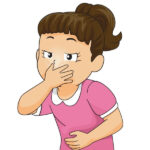
Yes, caffeine may worsen nausea by stimulating the gastrointestinal tract and increasing stomach acid levels. Caffeine can also cause side effects such as jitters and an upset stomach. The best option is to avoid consuming any caffeinated product until you feel better.
Why does my stomach get upset when I drink coffee?
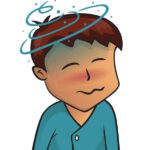
Many people say that they get a sour, unpleasant feeling or a stomachache after their first sip of coffee.
This is because caffeine stimulates the sympathetic nervous system, leading to increased gastric acid secretion from the pancreas.
Caffeine stimulates cells in the stomach lining to secrete more acid and thereby produce a sour feeling or even give someone heartburn.
In some individuals, these side effects may persist for up to twelve hours.
Can nausea be caused by coffee?
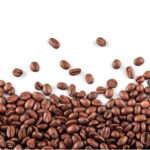
Yes. It can be caused by anything high in caffeine, including coffee, chocolate, and some prescribed medications.
Does caffeine worsen nausea?
Yes. Caffeine stimulates the nervous system by opposing the activities of acetylcholine and prostaglandin, which may result in nausea and headaches.
Conclusion
Now you see that if you wonder “why does coffee make me nauseous” you are not the only one. Caffeine can make you feel sick for many reasons. One reason is the dehydrating effect of consuming too much caffeine on an empty stomach, and another is that it stimulates your hormone responsible for triggering urine production (antidiuretic hormone).
If you are someone who suffers from persistent symptoms after coffee consumption, there are a few ways to get rid of or prevent them.
You could drink decaf instead of regular coffee, dilute your caffeinated beverage by adding more water/milk, consume smaller doses throughout the day rather than all at once, eat protein-rich food before drinking coffee in order to counteract its negative effects on the body – these will help ease any discomfort caused by caffeine intake.

